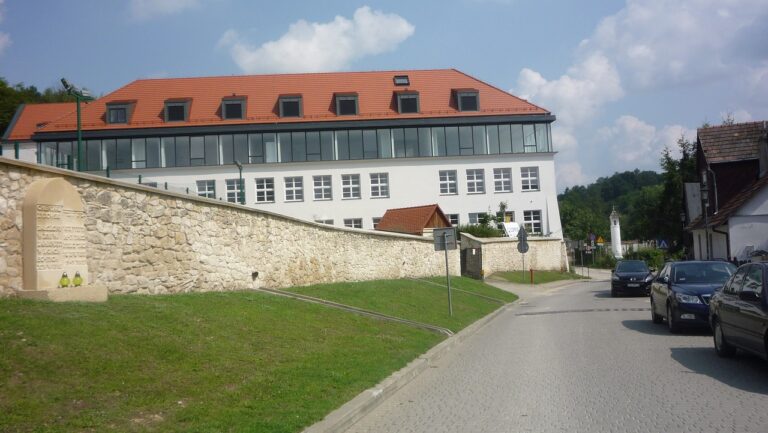Implementing Culturally Relevant Science Education in Early Childhood Settings: 11 x play login, India24bet, Skyfairs signup
11 x play login, india24bet, Skyfairs Signup: Implementing Culturally Relevant Science Education in Early Childhood Settings
When it comes to early childhood education, it’s crucial to provide a curriculum that reflects the diverse backgrounds and experiences of the children in your care. Culturally relevant science education (CRSE) is a framework that focuses on integrating students’ cultural experiences into the science curriculum. This approach can help children feel more engaged, motivated, and connected to the material they are learning. Here’s how you can implement CRSE in your early childhood setting.
Incorporate Culture into Science Lessons
One way to implement CRSE in your early childhood setting is to incorporate culture into your science lessons. This could include using stories, songs, and materials from different cultures to teach scientific concepts. For example, you could use traditional stories or folk tales to introduce children to the concept of animal habitats or plant growth. By connecting scientific concepts to children’s cultural experiences, you can help make the material more meaningful and relatable to them.
Encourage Exploration and Inquiry
Another key aspect of CRSE is to encourage exploration and inquiry in the science curriculum. Provide children with opportunities to ask questions, make observations, and conduct experiments. Encourage them to explore their own questions and ideas, and provide them with the tools and materials they need to investigate the world around them. By fostering a sense of curiosity and exploration, you can help children develop a love for science that will stay with them throughout their lives.
Celebrate Diversity
Incorporate diverse perspectives and voices into your science curriculum. Include scientists, inventors, and innovators from different cultures and backgrounds in your lessons. Highlight the contributions of women, people of color, and individuals from marginalized communities to the field of science. By celebrating diversity in your science curriculum, you can help children see themselves reflected in the material and inspire them to pursue their own interests and passions in science.
Create a Welcoming and Inclusive Environment
Finally, create a welcoming and inclusive environment in your early childhood setting. Ensure that your science materials, books, and learning spaces reflect the diversity of the children in your care. Use inclusive language and images in your lessons, and provide opportunities for children to share their own cultural experiences and perspectives. By creating a safe and inclusive space for all children, you can help foster a sense of belonging and connection that will enhance their learning experience.
FAQs
Q: How can I find culturally relevant science resources for my early childhood setting?
A: Look for books, materials, and resources that feature diverse characters, authors, and perspectives. Websites like Teaching for Change and Teaching Tolerance offer a wealth of resources for incorporating diversity into your curriculum.
Q: How can I involve families in culturally relevant science education?
A: Invite families to share their cultural traditions, stories, and experiences with the children in your care. Encourage parents to volunteer in the classroom, share their expertise, and participate in science activities with their children.
Q: What are some examples of culturally relevant science activities for early childhood settings?
A: Some examples include planting traditional crops, creating cultural crafts, exploring indigenous knowledge of the natural world, and conducting experiments inspired by diverse cultures.
By implementing culturally relevant science education in your early childhood setting, you can help children develop a deeper understanding and appreciation of the world around them. By incorporating diverse perspectives, celebrating diversity, and creating a welcoming environment, you can inspire a love of science that will last a lifetime.







